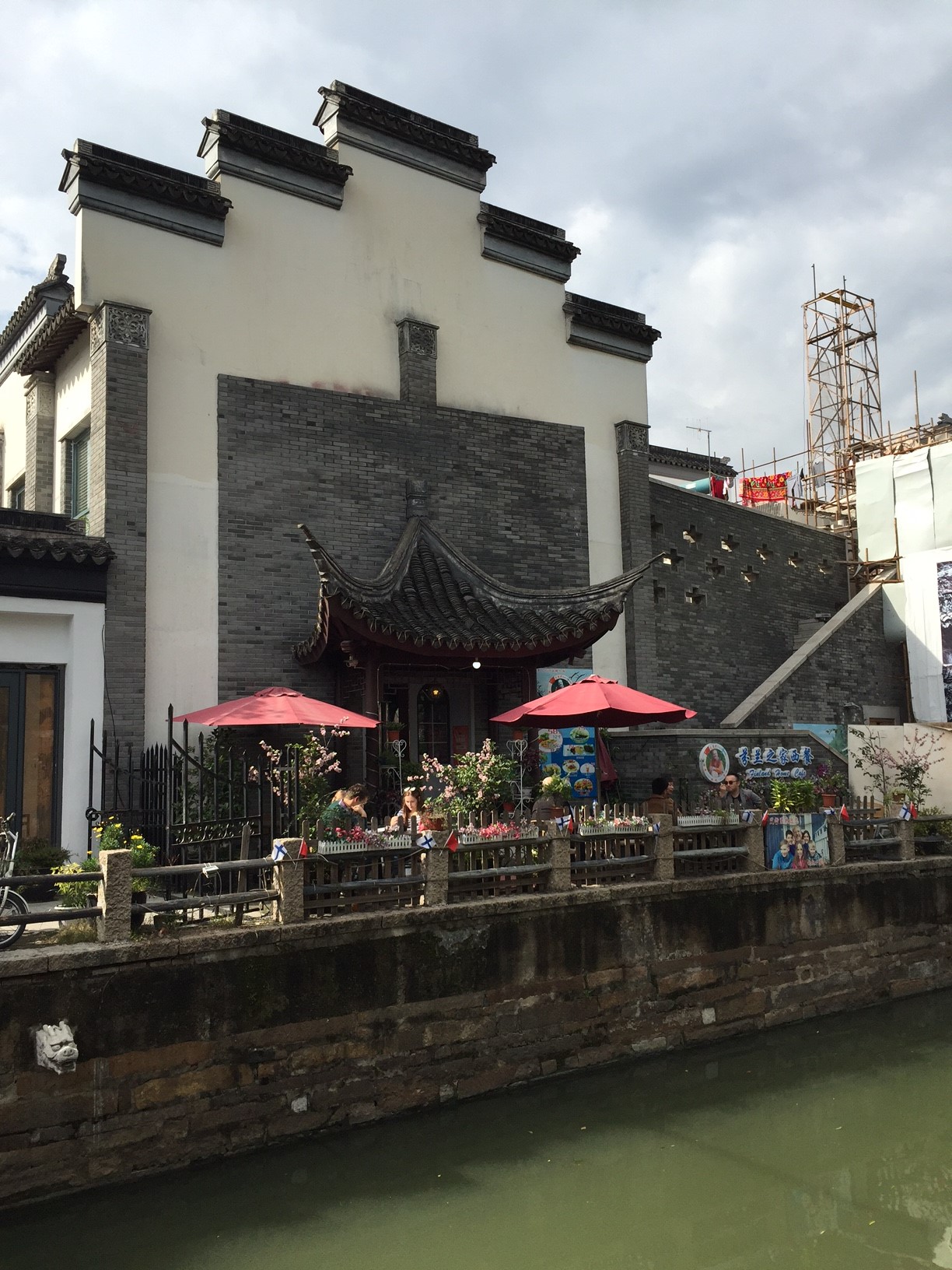You’re welcome to pass by NanoAndMore USA booth no. 610 at the 2017 MRS Fall Exhibit and meet NanoWorld CEO Manfred Detterbeck there
#F17MRS #AFMprobes #AFM #atomicforcemicroscopy
Manfred Detterbeck CEO of NanoWorld AG at booth 610 at 2017 MRS Fall Exhibit





